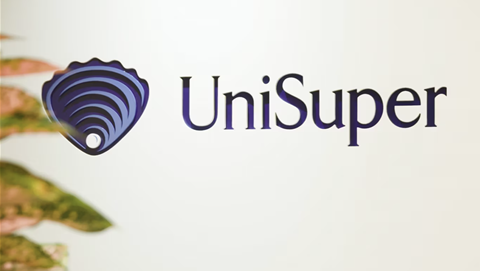Computershare is moving some 1500 staff and 30 million shareowner accounts onto its IT systems, after acquiring the Bank of New York Mellon’s shareowner services division last year.

The global share registry is headquartered in Melbourne, with data centres in the US, Australia and Britain to support 20 offices around the world.
It gained some 1000 full-time staff, 500 consultants and “terabytes and terabytes of data” from the Bank of New York Mellon (BNYM) on 31 December, when the $US550 million acquisition closed.
In a statement to the Australian Securities Exchange last week, Computershare outlined plans to re-brand the new division by mid-year and move clients onto its IT infrastructure by June 2013.
The company planned to spend $50 million on IT, facilities and staff to achieve $72.5 million of synergies in technology, operations, facilities and staff by 2015.
Computershare tracks the legal ownership of securities and administers dividends, meetings and reorganisations for some 30,000 companies with 100 million investors worldwide.
Chief information officer Stuart Irving told iTnews this week that the new BNYM shareowner services business would be integrated into Computershare’s US operations.
About 250 of Computershare’s Australian IT staff would be involved “in some shape or form” in developing and extending the registry’s proprietary platform to the BNYM business.
Irving explained that the company had 500 IT staff in Melbourne and Sydney, where it developed a bulk of its applications for global use.
“A lot of our document management, workflow, [and] call centre systems are centrally developed in Australia and deployed globally,” he said.
“Australia has served us very well over the years ... it’s only in the last few years that it’s become an expensive place to work in terms of technology.”
Another 300 IT staff elsewhere in the world would be tasked with supporting the BNYM shareowner services division’s lines of business during the move.
Because the division consumed ICT as a shared service from its former parent company, Computershare received no data centre hardware from the acquisition.
Irving said the registry began scaling up the server and storage capacity of its virtualised US data centres about 12 months before the acquisition closed, to support the additional load.
“It’s terabytes and terabytes of data [to be moved], but it’s fairly bread and butter stuff for Computershare,” he said, explaining that the registry’s strategy was to grow through acquisitions.
Meanwhile, BNYM’s staff also needed to be brought onto Computershare’s enterprise applications, including out-of-the-box finance and ERP systems and a PeopleSoft HR platform used for 11,000 existing staff.
Irving said the company would conduct a “large training exercise” for software like Microsoft Outlook. BNYM staff previously used IBM’s Lotus Notes, he said.





.png&h=140&w=231&c=1&s=0) Tech in Gov 2024
Tech in Gov 2024
















